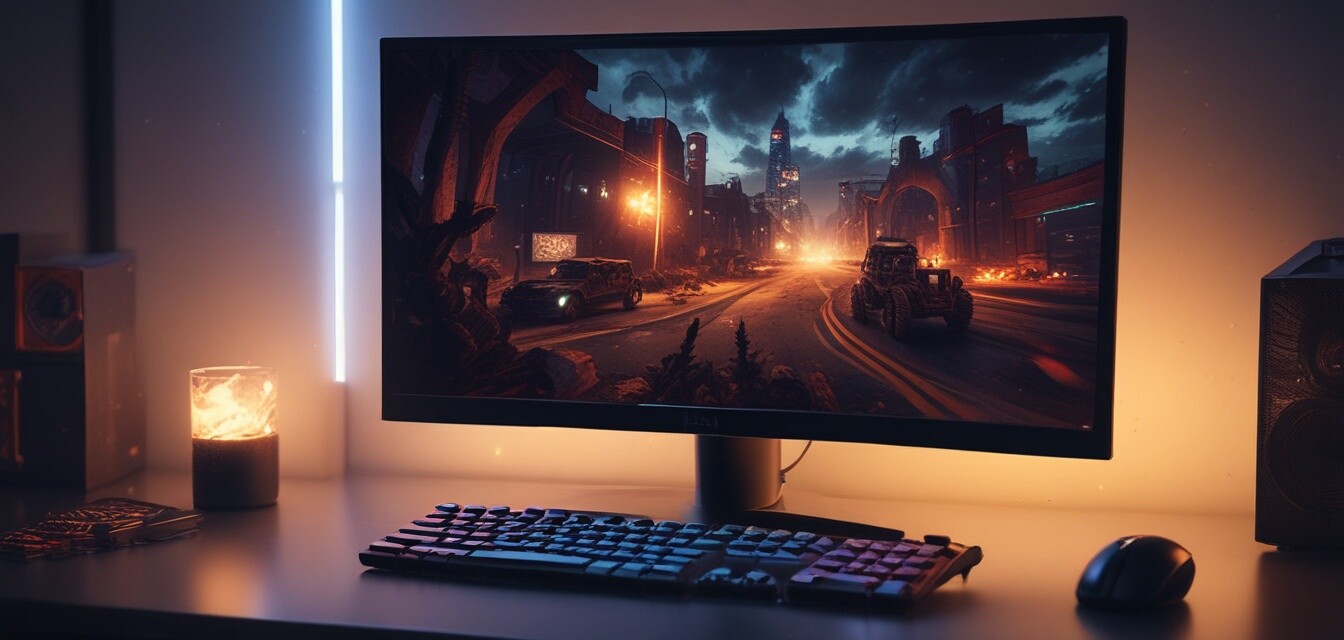
How to Optimize Your Gaming PC for Performance
Key Takeaways
- Make necessary hardware upgrades for better performance.
- Update and configure your software for optimal efficiency.
- Regularly maintain your system to ensure longevity.
- Use specialized settings for different gaming experiences.
Are you looking to enhance your gaming experience? Optimizing your gaming PC for maximum performance is essential for achieving smooth gameplay and realistic graphics. In this guide, we will provide you with essential tips on both software and hardware adjustments to ensure your gaming rig runs at its best.
Assessing Your Current Setup
Before diving into optimizations, it's important to assess your current gaming setup. Understand the specifications of your system and identify potential areas of improvement.
| Component | Current Specification | Recommended Upgrade |
|---|---|---|
| Processor (CPU) | Intel i5 6600 | Intel i7 9700K or AMD Ryzen 7 3700X |
| Graphics Card (GPU) | NVIDIA GTX 1060 | NVIDIA RTX 2060 or AMD RX 5700 XT |
| Memory (RAM) | 8GB DDR4 | 16GB or 32GB DDR4 |
| Storage | 1TB HDD | SSD for faster load times |
Hardware Upgrades
Let’s look at some hardware upgrades you might consider to enhance gaming performance.
- Upgrade Your Graphics Card: Investing in a better GPU can provide a significant performance boost, especially in demanding games.
- Increase RAM: More RAM allows for smoother multitasking and improved speeds in memory-intensive applications.
- Solid State Drive (SSD): Replacing a traditional HDD with an SSD can drastically reduce load times.
Cooling Solutions
An optimized cooling system can prevent overheating and throttle down during intense gaming sessions. Consider upgrading your CPU cooler or adding more case fans for improved airflow.
Software Optimization
Once you’ve upgraded the hardware, the next step is to optimize your software environment for better performance.
- Update Drivers: Keeping your drivers updated ensures compatibility and enhances performance, especially for the GPU. Visit the manufacturer's website regularly for updates.
- Game Mode in Windows 10: Enabling Game Mode can help prioritize system resources for your games, ensuring maximum performance.
- Close Background Applications: Free up system resources by closing unnecessary applications while gaming.
Settings and Configurations
Adjusting in-game settings can also enhance performance without compromising the quality too much.
| Settings | Low Settings | Medium Settings | High Settings |
|---|---|---|---|
| Resolution | 1280 x 720 | 1920 x 1080 | 2560 x 1440 |
| Textures | Low | Medium | High |
| Shadow Quality | Off | Medium | High |
| Anti-Aliasing | Off | 2x | 4x |
Regular Maintenance
To keep your gaming PC running at its best, regular maintenance is essential. Here are some habits to develop:
- Clean Your PC: Dust accumulation can hinder cooling. Make it a habit to clean your PC every few months.
- Monitor Performance: Use software tools to keep track of your system temperatures and performance metrics.
- Backup Your Data: Regular backups protect your important gaming data from unexpected crashes.
Conclusion
By taking the time to assess and optimize your gaming PC for performance, you can significantly enhance your gaming experience. Remember that both hardware upgrades and software adjustments play a crucial role in ensuring your system runs smoothly. Happy gaming!
Tips for Beginners
- Start with easy upgrades like adding more RAM or switching to an SSD.
- Keep your graphics drivers updated for the best performance in games.
- Try playing in windowed mode to monitor system performance while gaming.
Pros
- Improved gameplay experience
- Faster load times
- Smoother multitasking
Cons
- Potential for high costs
- Complexity of hardware installations
- Time-consuming upgrades
For more tips on enhancing your gaming gear, check out our Buying Guides section.
